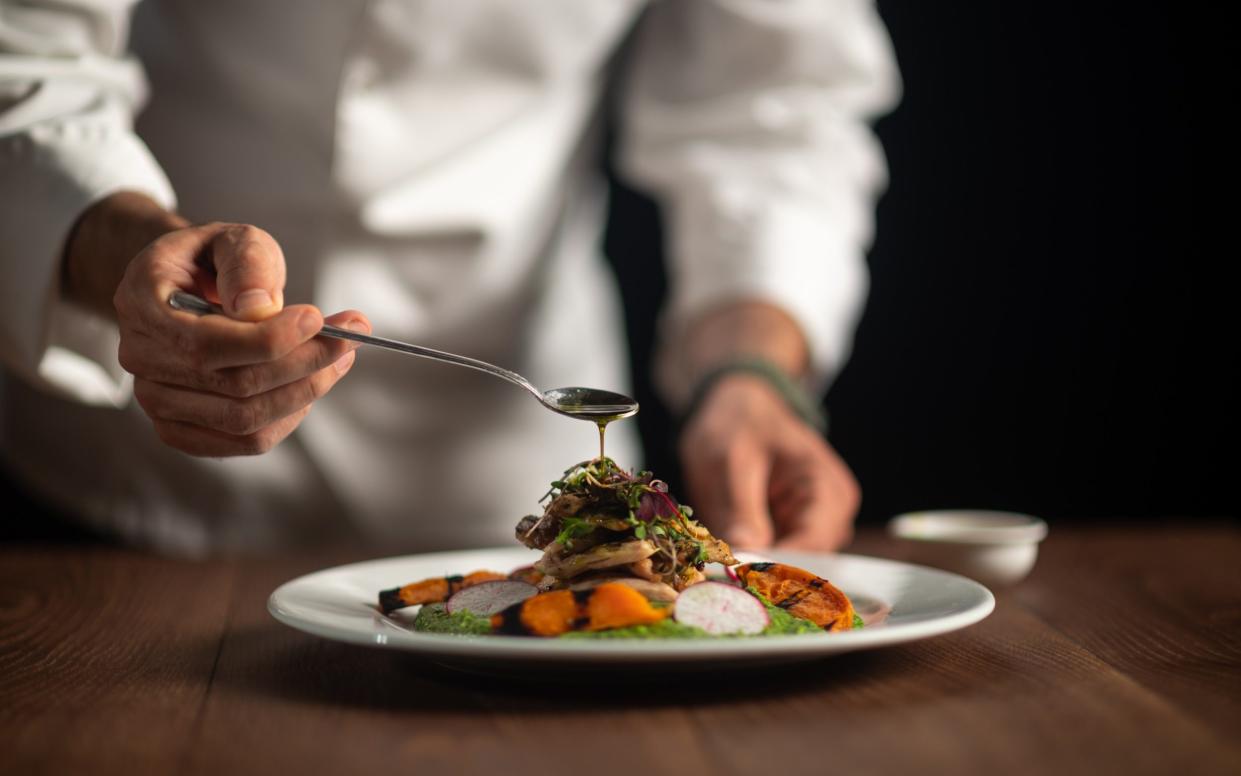Forget the influencers, Michelin star restaurant patrons really are just there for the food

Despite an ever-growing army of posers and Instagrammers booking up tables, Michelin star restaurant patrons really are seeking quality cuisine rather than status, a study has found.
The rise of influencers and the social media age has led some food critics and chefs to speculate that the main motivation for going to prestigious restaurants is to brag about the experience online, but new research dispels this myth.
People are three times more likely to frequent an esteemed restaurant for the unrivalled service, exquisite food and beautiful surroundings rather than for bragging, data show.
Scientists looked at why people go to Michelin-starred restaurants on holiday and found people were almost three times as likely to go for the experience as they were to go for the status signalling.
More than 1,500 people who went to a Michelin star restaurant not in their home city in the past two years filled in a questionnaire which assessed their motivations.
Natalia Daries-Ramón, from the University of Lleida in Spain, told the Telegraph: “The study found that the relationship between customer experience and satisfaction is about 2.8x stronger than the relationship between customer experience and status.”
“This compelling result reinforces the notion that patrons are drawn to Michelin-starred restaurants for the sheer enjoyment of the culinary journey, rather than seeking social recognition.
“Consumers primarily frequent upscale restaurants not to flaunt their status but to savour innovation and new experiences that justify the price tag.
“The study emphasises that customer satisfaction is deeply rooted in the overall dining experience, overshadowing the influence of customer status. The data underscores that while consumer status does play a role, it is not the primary driver behind visits to upscale restaurants.”

The scientists found there is a subset of tourism where people go to the best restaurants, and this is split into two groups of people.
One is families and large groups who go on holiday to a city or area and have less disposable income.
The second is a group of people who stay in nice hotels for short periods of time, have more money to spend and focus on visiting food establishments.
The second group, the scientists say, is the one most likely to share their experience of a Michelin restaurant online, but both groups become advocates of the experience and the restaurant they visited, the scientists found.
“The research challenges stereotypes about Michelin-starred restaurant patrons, highlighting that the allure of these establishments lies not in social status but in the genuine enjoyment of culinary artistry,” Ms Daries-Ramon said.
“By broadening our understanding of consumer motivations, this study enriches the discourse on upscale dining, providing valuable insights for both the hospitality industry and discerning food enthusiasts.
“People recommend restaurants because they have enjoyed the experience and are really satisfied with it, and not so much because they want to get ‘likes’.”
The study is published in the International Journal of Gastronomy and Food Science.
